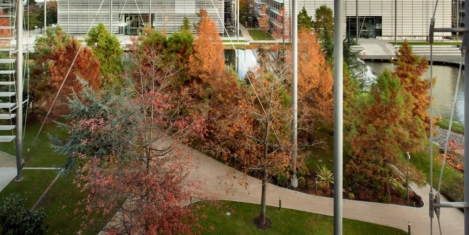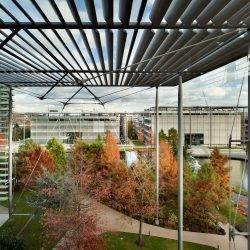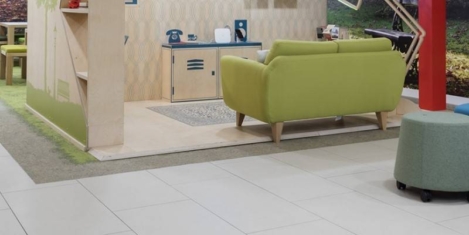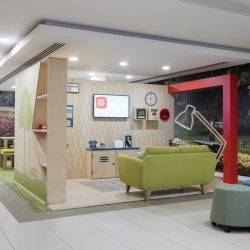August 21, 2017
American workers having to put up with difficult and hostile working environment, claims report
 The American workplace is physically and emotionally demanding, with workers frequently facing unstable work schedules, unpleasant and potentially hazardous working conditions, and an often hostile working environment, according to a new study. The findings come from research conducted by investigators at the RAND Corporation, Harvard Medical School and UCLA, and are from the American Working Conditions Survey, which claims to be one of the most in-depth surveys ever done to examine conditions in the American workplace. More than one-in-four American workers say they have too little time to do their job, with the complaint being most common among white-collar workers. In addition, workers say the intensity of work frequently spills over into their personal lives, with about one-half of people reporting that they perform some work in their free time in order to meet workplace demands.
The American workplace is physically and emotionally demanding, with workers frequently facing unstable work schedules, unpleasant and potentially hazardous working conditions, and an often hostile working environment, according to a new study. The findings come from research conducted by investigators at the RAND Corporation, Harvard Medical School and UCLA, and are from the American Working Conditions Survey, which claims to be one of the most in-depth surveys ever done to examine conditions in the American workplace. More than one-in-four American workers say they have too little time to do their job, with the complaint being most common among white-collar workers. In addition, workers say the intensity of work frequently spills over into their personal lives, with about one-half of people reporting that they perform some work in their free time in order to meet workplace demands.





































July 11, 2017
Creativity is the new productivity in the modern era of work and workplaces 0
by Serena Borghero • Comment, Facilities management, Workplace design
(more…)